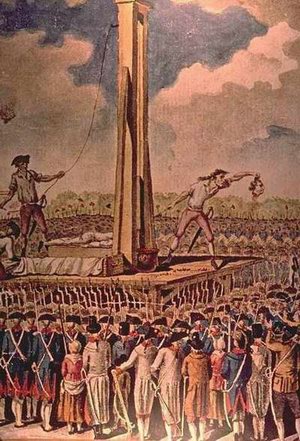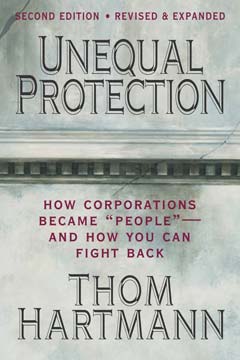“Our reply, then is, that Christ’s giving the law of love cannot be inconsistent with his authorizing slaveholding; because Moses gave the same law of love, and yet indisputably authorized slaveholding. We defy all the sophisms of the whole crew of the perverse and destitute of the truth, to obscure, much less to rebut this answer, without denying the inspiration and even the common truthfulness of Moses (A common Anchoretic tendency)….The whole reasoning of the Abolitionists proceeds on the absurd idea, that any caprice or vain desire we might entertain towards our fellowman, if we were in his place, and he in ours, must be the rule of our conduct towards him, whether the desire would be in itself right or not. This absurdity has been illustrated by a thousand instances. On this rule, a parent who, were he a child again, would be wayward and self-indulgent, commits a clear sin in restraining or punishing the waywardness of his child, for this is doing the opposite of what he would wish were he again the child. Judge and sheriff commit a criminal murder in condemning and executing the most atrocious felon; for were they on the gallows themselves, the overmastering love of life would very surely prompt them to desire release. In a word, whatever ill-regulated desire we are
conscious of having, or of being likely to have, in reversed circumstances, that desire we are bound to make the rule of our action in granting the parallel caprice of any other man, be he bore, beggar, highwayman, or what not. On this understanding, the Golden Rule would become any thing but golden; it would be a rule of iniquity; for instead of making impartial equity our regulating principle, it would make the accidents of man’s criminal caprice the law of his acts. It would become every man’s duty to enable all other men to do whatever his own sinful heart, mutatis mutandis, might prompt. The Apostle Paul gives precisely the true application of this rule when he says: “Masters, give unto your servants that which is just and equal.” And this means, not emancipation from servitude, but good treatment as servants; which is proven by the fact that the precept contemplates the relation of masters and servants as still subsisting.”
Dabney, Defence of Virginia, 195-198







-1-.jpg)


























I find that often people find it more convenient and easier to dismiss RL Dabney out-of-hand than to deal with his arguments as they are- from Scripture. It is far easier to blow him off with a few epithets than it is to go through this work of his and refute his arguments.
The argument usually goes, when I quote Dabney:
What? You’re quoting Dabney? Are you racist or something?
That is, assuming that the other party has ever heard of him. Others like what he has to say, but dismiss him immediately out-of-hand as soon as they hear the first bit of slander or objection to him.
I have found much wisdom and strength through Dabney’s works, though I am still very much in the process of working through them.